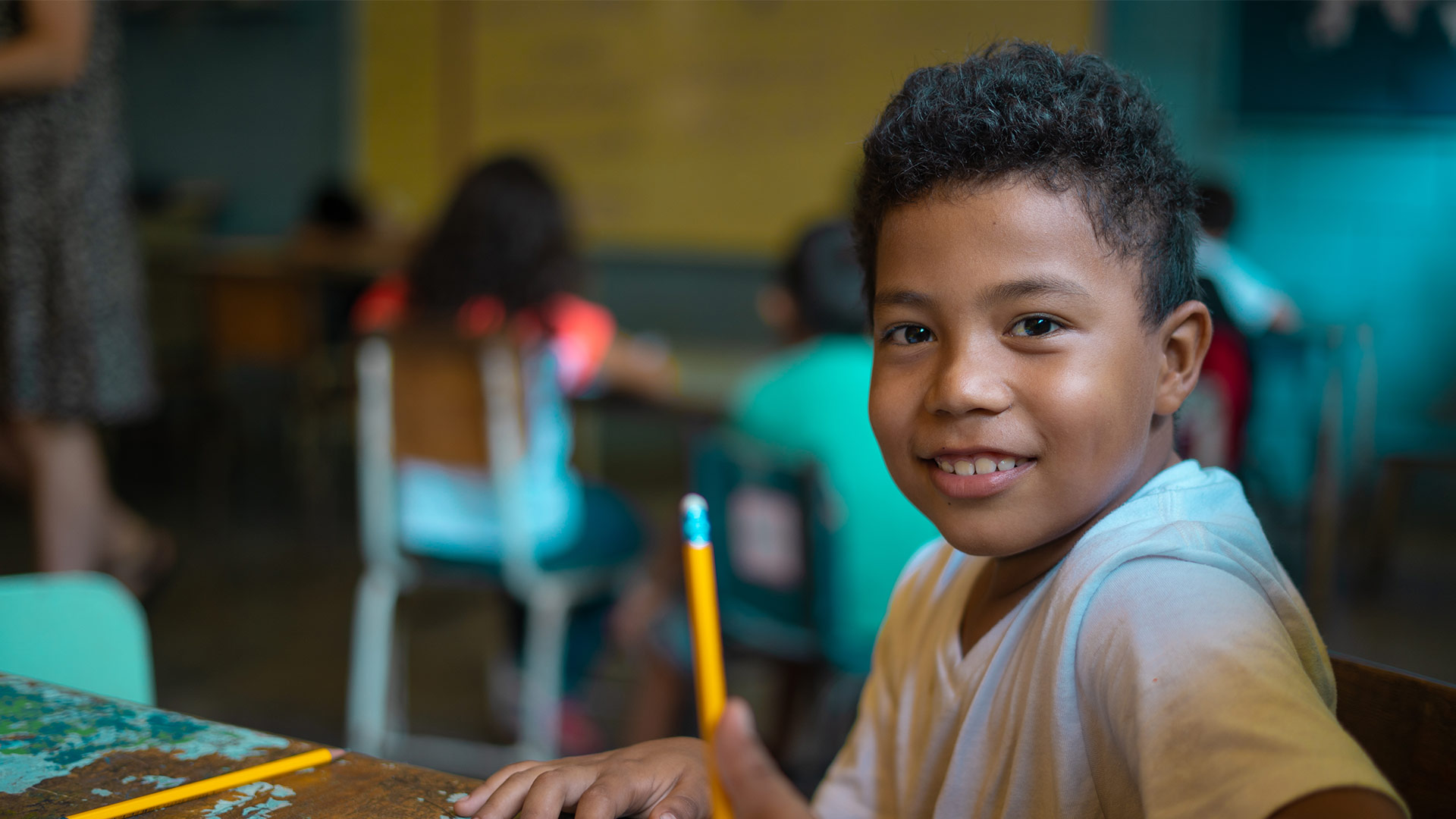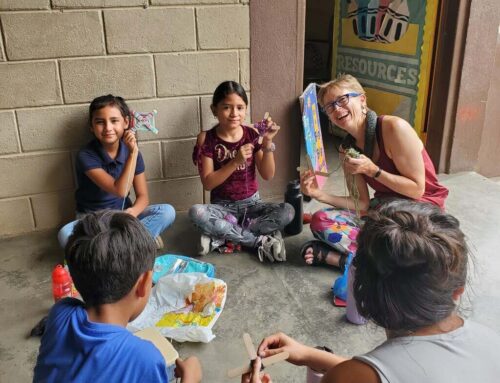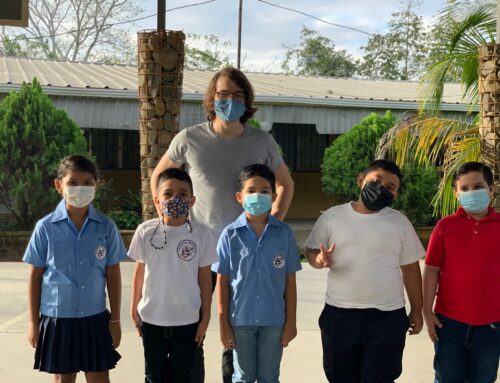If I had a nickel for every time someone asked me, “Why do the kids run away from children’s homes?” Well, I’d be able to drink triple the amount of coffee every month.
(So, actually, is there a way to make five cents appear every time this question gets asked?) Freedom, free of responsibilities, drugs, immediate gratification, etc. Honestly, it’s a miracle when kids don’t run away. Given the circumstances that commonly place kids in children’s homes, their reasons for running away make perfect sense.
What I’m still struggling to understand is why they stay away. Five kids ran away from Pronino in August of last year. Sure, before going to Pronino, most were on the street and using drugs. But optimism said, “surely after knowing what it’s like to be in a home with a bed, regular meals, and school, they’ll realize the impulsiveness of their decision and come back on their own.” Slowly but surely, four of the five returned. I held out hope for the fifth, a kid that I love dearly. Months passed and still nothing. In December, I went looking for him in a beach town three hours away. After a series of coincidental and wonderfully timed events (and a random man willing to be my spy), the little peanut was located. And he. looked. so. rough. It was clear that, despite what his family told me, he was sleeping on the street.
Talking to (and convincing) street kids is something I believe I’m (hashtag humble brag) good at. So when, after two days of my best street talk, he decided not to return to Pronino with me, it was hard to stomach. What is keeping him here?? (And why am I mostly morally against forcing kids back to children’s homes??) But I had faith that all he needed was a little more time to think and he’d realize that the future he wants doesn’t include the street.
In March, that happened. Two friends of mine (who are also fluent in street talk) had run into him and told me that he had said he was ready to return to Pronino. In the video they sent me, his eyes and face were so full of light, his clothes looked clean, and he seemed so “with it.” This was a kid, in a completely real and uninhibited state of mind, making a conscious decision to return. Angels were singing, the sun was shining, stars were aligning, and babies were…well being babies because they can’t do anything else. The point is, it was all happening!
So there I went, skipping back to that little beach town to scoop up the peanut, tell him how proud I am of him, get him some finger lickin’ good fried chicken, and mosey on back to Pronino. And all of a sudden…it was all not happening. I found the 14-year-old passed out at 11 in the morning on the street, unaware of his surroundings, and absolutely certain about never returning to Pronino. The color and light from the kid in the video were gone, the oversized and dirty clothes hung on his tiny frame like a tent, and it took almost half a bolsa of water for him to realize who was sitting next to him.
As we talked, I shook my head many times. (And rethought my “forcing kids back” opinion even more times.) This child knows he’s better in a children’s home than on the street. He knows his future will be brighter and happier if he returns. He knows that the street brings only bad things. And yet…he stays. My working theory is that he stays because, in his mind, it’s better than listening to and following someone else’s orders. He’s on the street, yes, but it’s something that he’s doing to himself. He’s making his own decisions, which to a teenager is almost as important as hair gel. And to a kid who’s used to the street and his own rules, it’s almost expected, even if I can’t quite wrap my head around it.
So that’s where I’m at. Understanding and loving that sometimes street talk works, the stars align, and kids decide to return. And working on understanding why exactly it is, even after experiencing both lives, that sometimes they stay.








